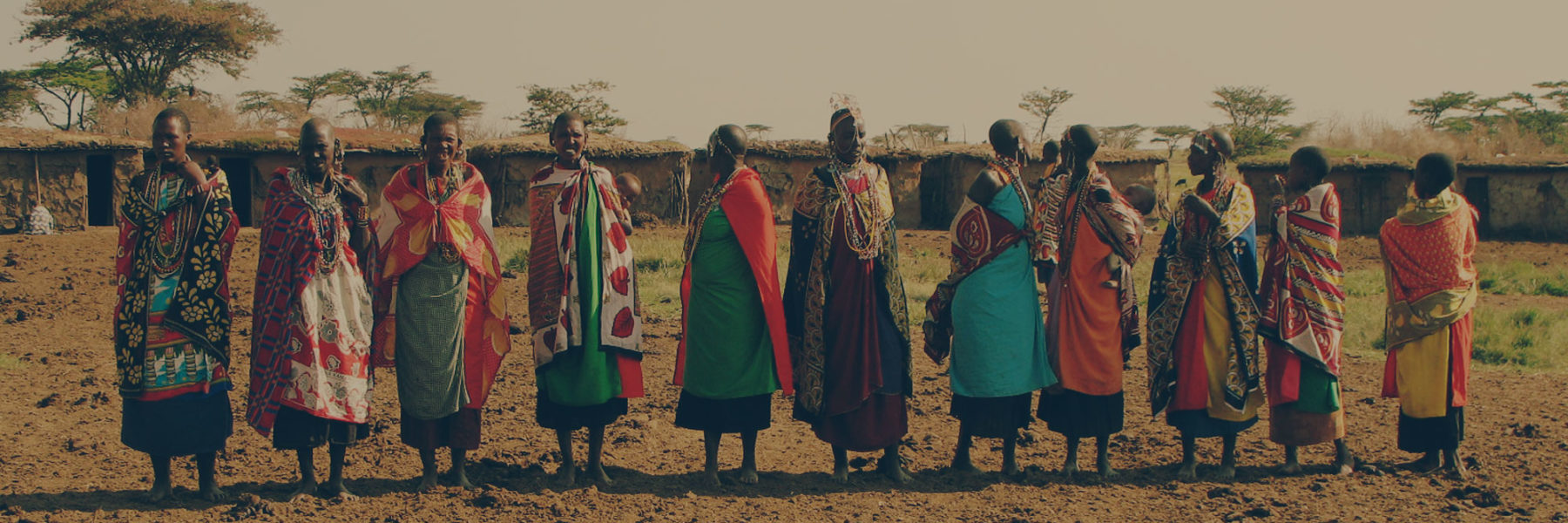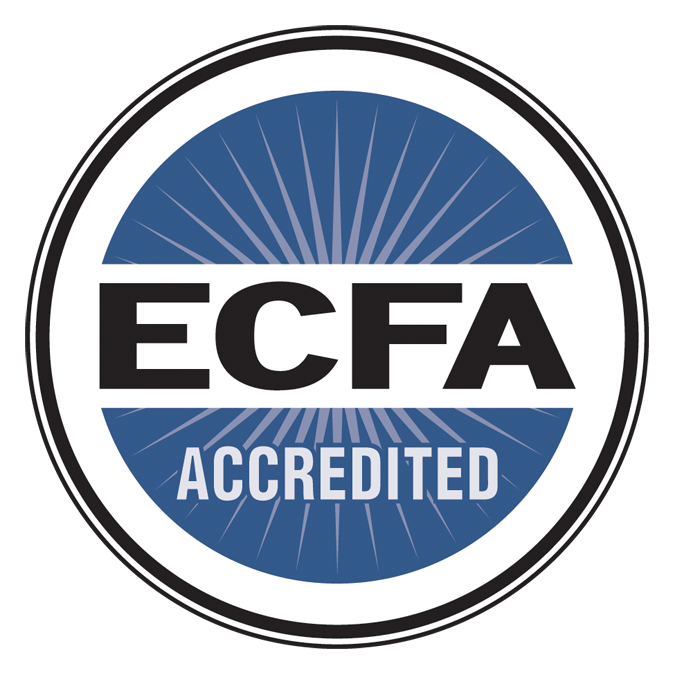December 10, 2022
I’m writing this from the beautiful mountains of Nagaland, India, where I’m in the middle of teaching for two weeks at Nagaland Bible College a course on “Anthropology for Christian Mission” trying to encourage 23 young students from India and beyond that the days of colonial mission methods should be long gone, but unfortunately, many of them are still alive. Many of the students are experiencing my teaching as rather radical, but that’s OK. It’s not the first time I’ve heard that.
It was a long 42 hours from the time I left my home in Gig Harbor, Washington to arrive here, but I enjoyed all of it. In the last leg of the flight from Delhi to Jorhat, Assam, I flew past the Himalayas on an unusually clear day and saw Mt. Everest for first time. The last six hours we drove through beautiful tea plantations and rice fields in Assam, before winding up steep, rough, mostly unpaved, mountain roads through the jungle until we reached Mokokchung at 4,350 ft. This is my third visit to Nagaland, and every time the final leg of the trip reminds me of the years we spent in the Solomon Islands, which brings back many good and treasured memories.
Nagaland has a fascinating mission history. The sixteen Naga tribes were famous head-hunters, but
like the Solomon Islanders among whom we lived, those days are long gone. It was American Baptist missionaries, beginning in 1872, that introduced the gospel to the Naga, but unfortunately, they also added and required the adoption of a lot of American forms of Christianity, which led to the destruction of much of what was good in Naga society. In the class the students are waking up to this problem from the past and is still in the present, and are learning about the importance of contextualization – living out the gospel in ways that are culturally appropriate for a particular time and place.



Nagaland Bible College is a small (106 students) school, which some people would consider insignificant, but I am committed to helping them send out students who are missiologically and anthropologically informed, so that they understand that a person doesn’t have to abandon their birth identity as a Naga
or Nepali, to affirm their “second birth” identity as a Follower of Jesus. In addition to teaching once a year and consulting with them, I’m also purchasing hundreds of missiology books for their library as they move toward developing a strong program in Intercultural Studies.
Continuing my newsletter while flying home:
After leaving Nagaland I was able to visit for a day at Caleb Institute near New Delhi where I’m also helping them to develop a strong mission studies program. I met with the faculty and also with a handful of students who took my course last year. I’m also helping them to build their missiological library and the photo is with the Principal, Dr. Richard Howell, in front of the books and journals I provided this year. My plan is to continue building their library and teaching in these two schools, taking advantage of my new five- year multiple entry visa for India.

Finally, one more piece of very good news. Some of you know how I’ve been struggling to complete
my book for Baker Academic for which I’ve been under contract since 2017. Tentatively titled, Crossing Cultures with the Gospel: Anthropological Wisdom for Christian Witnesses Today, it captures the material and perspective I’ve been teaching for 40 years. I sent the completed manuscript to the publisher two days before leaving for India, and now a huge burden has been lifted from my shoulders. I thank the Lord and all those who were praying for the completion of this project.
Thank you for your investment in Global Development, in believing in what I’m doing, and for your prayers which I count on as I continue pursuing my passion of “Crossing Cultures with the Gospel.” Blessings on you.
Cordially,
Darrell Whiteman




